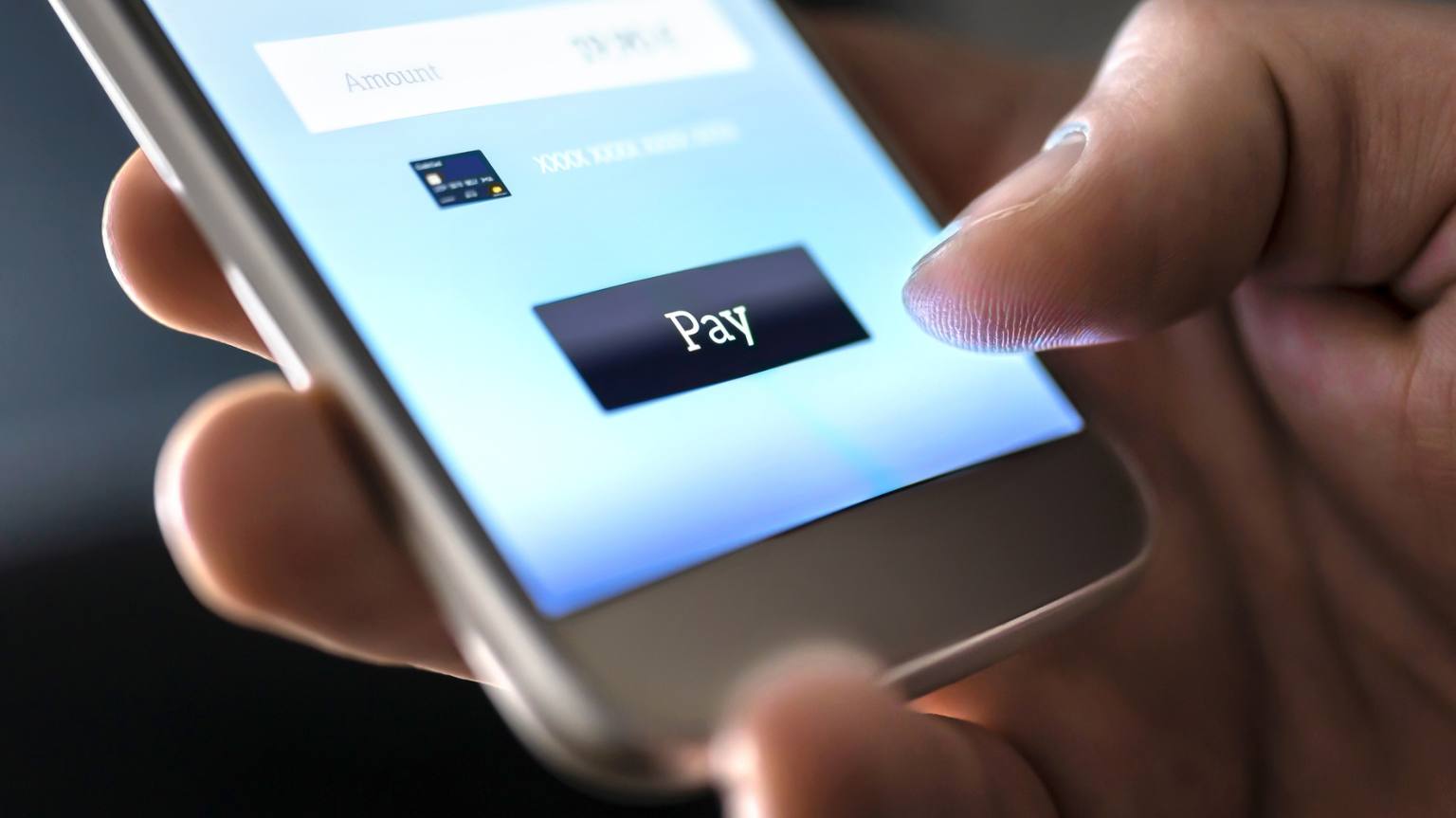Making Minimum Payments? Here’s Why You Should Reconsider Your Debt Payoff Approach
Making minimum payments on debt is incredibly common, but is it a smart way to get debt-free?
Many Americans lean on credit cards when the going gets rough, and minimum payments can feel like a safe place to land until some level of personal financial stability returns. However, consistently paying only the minimum can lead to serious financial problems in the long run.
In this article, we’ll explore why minimum payments are not a sustainable debt payoff method and offer practical alternatives to get you back on track.
The Minimum Payment Minefield
Making minimum payments is not unlike the metaphor of the boiling frog: The water’s nice until you’re getting cooked. While they seem manageable now, the interest you accrue while making minimum payments can quickly turn into long-term financial strain.
Minimum payments often barely cover those monthly interest charges — and often, your minimum payment only pays the interest, meaning that the progress you’re making against your debt is, at best, slow. The result is an extended repayment period — and ultimately a lot more money paid to your creditors in the long-run.
How Minimum Payments Keep You in Debt Longer
Let’s use simple example:
- You’ve got $5,000 on a credit card
- Your creditor charges an interest rate of 18%
- You make a minimum payment on this debt at 2%, or $100 per month
The affordability of your minimum payment costs you dearly over time. Assuming you only make minimums, it could take you nearly 40 years to clear that debt. And the kicker? You’ll pay more than $13,000 in interest alone.
The Key Drawbacks of Minimum Payment Plans
- They can put you in long-term debt: Because you’re only paying a bit of their initial balance each time, minimum payments mean your debt timeline extends drastically.
- You pay more in interest: A longer repayment schedule means more bills and more time for that interest to keep accumulating.
- It impacts your credit: High credit utilization can negatively affect your credit score, or freeze your progress to a better number.
- Staying in debt impacts your mental health: A long-term repayment plan can make you feel trapped, and add emotional and financial pressure.
These drawbacks put people further in the hole, making it even more difficult to get out. Taking a different approach can be life-changing — just ask our client, Annemie: “I finally felt a sense of hope and financial security that this is going to be okay, that we’re making steps in the right direction.”
Better Ways to Pay Back Your Debt
- Pay More Than the Minimum
Even small increases in monthly payments significantly reduce the time and interest required to repay your debt. (We’ve got some suggestions on finding extra funds to help!) - Debt Snowball or Avalanche Methods
The “Snowball” means paying off your smallest debt first, then using the momentum to tackle larger debts. The “Avalanche” means prioritizing debts with the highest interest rates, saving you money on interest payments over time. - Call Your Creditors
Sometimes, your creditor may work with you to achieve lower rates or better repayment terms. Advocating for yourself is admirable, but it can be a tough road — your success may vary depending on the time, energy and knowledge you have at your disposal.
Debt Consolidation is Best for Debts Over $10,000
Debt consolidation empowers you to streamline your debt payoff process by combining multiple debts into a single monthly payment. Our approach has a lot going for it:
- Simplifies Your Eligible Bills: One payment each month is easier to track.
- Lowers Your Monthly Payments: Typically, we save our clients 40% or more off their enrolled monthly payments — that means you’ll get immediate financial flexibility.
- Reduces the Impact of Your Interest: Often reduces the overall interest paid, compared to continuing to pay the minimum on individual credit cards.
Minimum Payments Too Big? Seek Professional Help
Feeling overwhelmed by debt is hard, but there’s help out there. Financial counseling or debt consolidation programs can create personalized plans, reducing stress and helping you regain peace-of-mind.
Take Action
You don’t have to keep pushing that rock up that hill — talk to us, and we’ll show you how you could start saving, get out of debt and reclaim your independence. Get a savings quote from us today!
